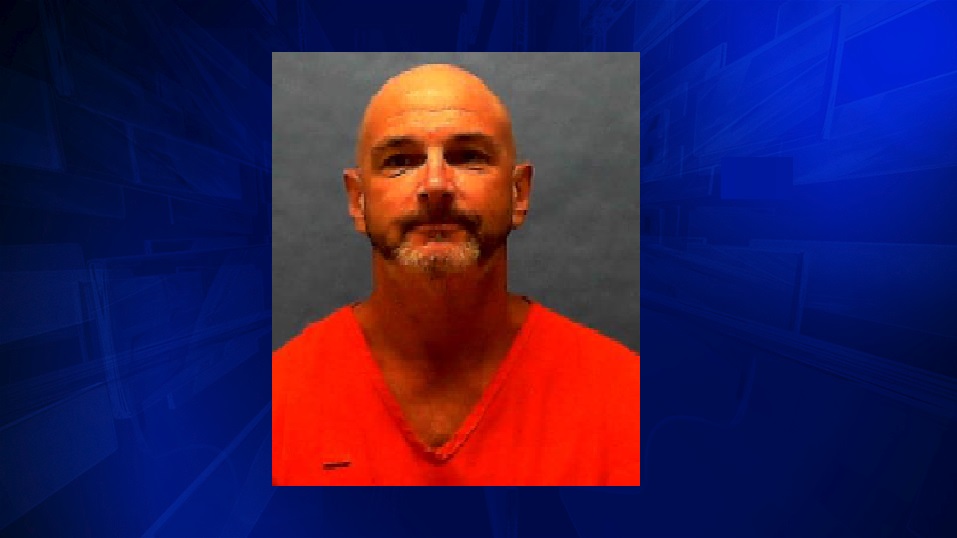STARKE, Fla. (AP) — A man convicted of killing two people in 1991 on Wednesday became the third inmate executed in Florida since the state resumed carrying out the death penalty after a hiatus.
Fifty-three-year-old Patrick Hannon was put to death with a chemical injection and pronounced dead at 8:50 p.m. at Florida State Prison in Starke, the office of Florida’s governor said. The execution was carried out shortly after the U.S. Supreme Court denied a pair of last minute appeals by lawyers for the inmate.
Hannon, who was convicted of slashing one man’s throat and fatally shooting another in 1991, was the third inmate put death since the state resumed executions in August, following changes made to its death penalty sentencing law. The law now requires a unanimous jury vote for a death sentence.
The U.S. Supreme Court had previously found that Florida’s old sentencing law, which did not require unanimity, to be unconstitutional. However, the new sentencing law did not affect Hannon’s case because the state’s high court ruled that those decided before 2002 were not eligible for relief.
Hannon was convicted in 1991 of two counts of first-degree murder for the slayings of Brandon Snider and Robert Carter.
It was in January 1991 when Hannon and two other men went to Snider’s apartment in Tampa.
Hannon’s friend, Jim Acker, initially attacked Snider with a knife, according to authorities. Prosecutors said the attacks were motivated by Snider’s vandalizing of Acker’s sister’s apartment. Snider was “eviscerated” by the initial stabbing, according to court documents, and Hannon sliced his throat, nearly cutting off the victim’s head.
Snider’s roommate, Robert Carter, was also home and fled the violence to an upstairs bedroom, where Hannon dragged him out from under a bed and shot him six times, the jury found.
Hannon’s jury recommended death unanimously after finding him guilty of both killings.
His requests for a halt to his execution to the Florida Supreme Court have been denied. Hannon had asked for a new sentencing phase, citing recent changes to Florida’s death sentencing system.
Florida Supreme Court Justice Barbara Pariente, who dissented from the rest of the court, wrote that the jury was not given enough information to make an informed decision in Hannon’s sentencing phase.
Copyright 2024 The Associated Press. All rights reserved. This material may not be published, broadcast, rewritten or redistributed.

